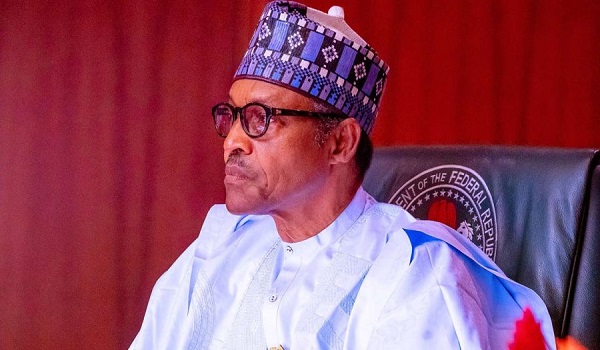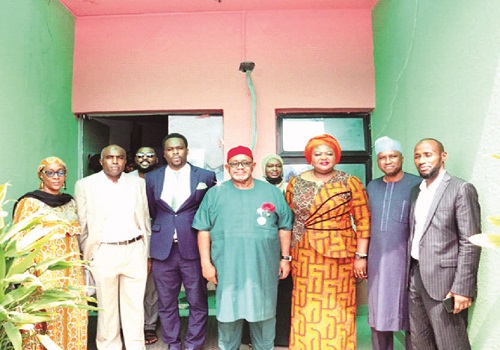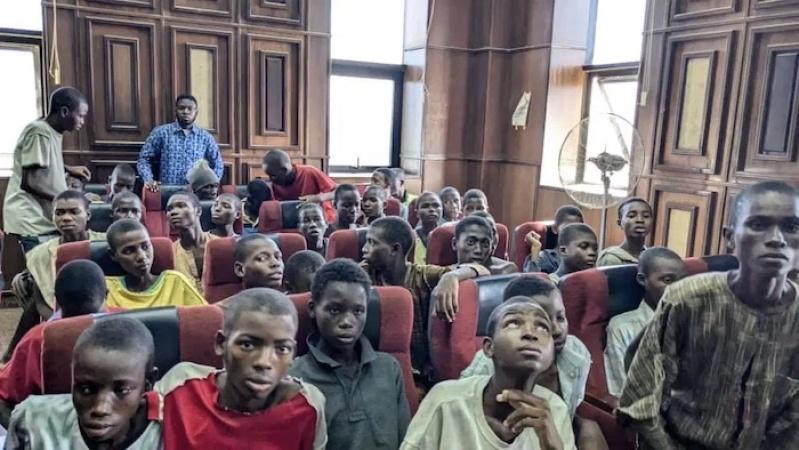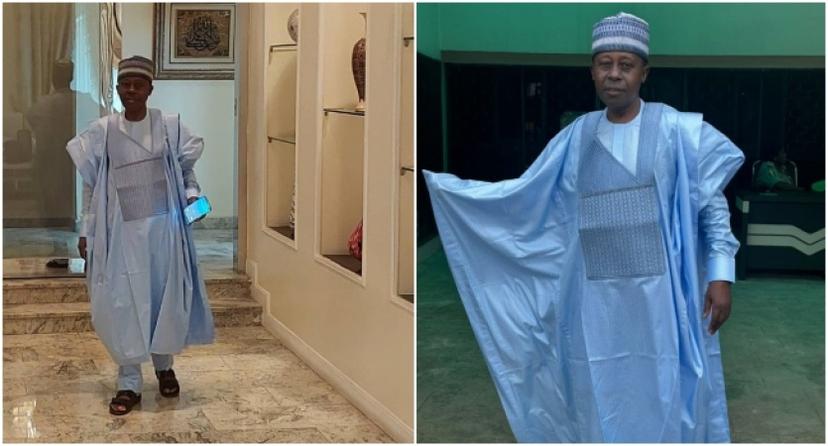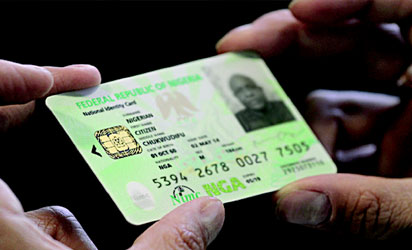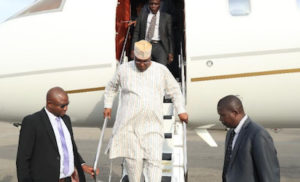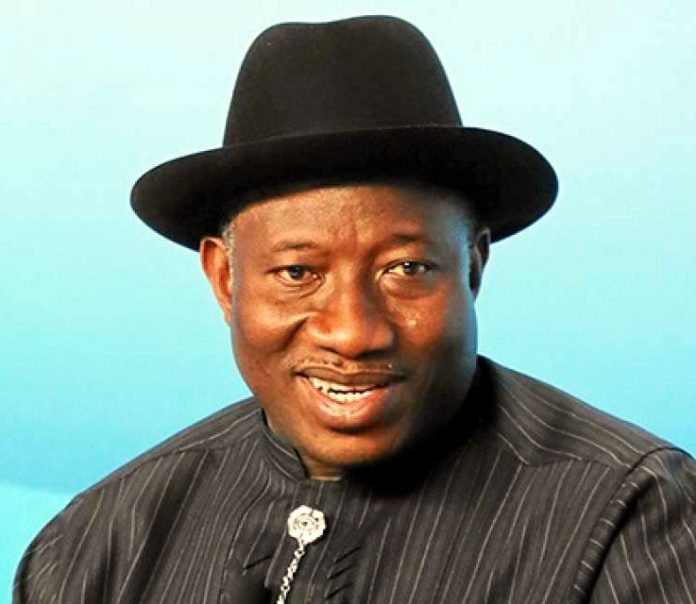Omicron: Govt Weighs Options On Ban As pressure mounts on UK – The Nation

The Federal Government is weighing options, including the invocation of the “principle of reciprocity,” in response to the travel ban placed on travellers from Nigeria by the United Kingdom.
The Presidential Steering Committee (PSC) on COVID-19 was expected last night to convene a meeting on appropriate advice to the government.
Before a top PSC official made this known to The Nation yesterday, Foreign Affairs Minister Geoffrey Onyeama said in Dakar, Senegal, that the UK authorities have assured the Federal Government that the ban would be lifted “as quickly as possible.”
The UK has been under pressure to review its decision.
Yesterday, the Nigerian Governors’ Forum (NGF) and the National Assembly rejected the ban, saying it should be lifted as quickly as possible.
The UK authorities had at the weekend placed the ban on Nigeria and eight other African countries.
Its High Commissioner in Nigeria, Catriona Laing, promised on Monday that her country was keen on lifting the restriction on December 20.
A diplomat told The Nation in Abuja that the intense pressure may force the UK not to extend the ban beyond three weeks.
According to the official, the Federal Government was being prevailed upon to “invoke the principle of reciprocity” against the UK.
It was gathered that the government is also hurt that some important bilateral meetings/conferences between Nigeria and the UK have also been affected.
The official said: “The Federal Government is weighing options on whether or not to be reciprocal on the travel ban. There are many measures available to Nigeria, including banning flights to and from the UK, placing restrictions on Britons, and designing specific protocols for Britons coming to Nigeria.
“Many experts have asked the government to react to the UK in equal measures. The UK went beyond diplomatic courtesy by not joining issues with Nigeria on its observations on Omicron variant of Coronavirus.
“The ban was an ambush and the decision was taken within a few hours to its implementation. Nigeria was not put in confidence.”
Asked when the government would announce its options, the source added: “We are expecting the PSC to meet any moment from now and come up with an advisory to guide the government.
“We are hopeful that in the next 48 hours, the PSC will be able to guide the government appropriately.”
As of press time, investigation revealed that the Federal Government was yet to “lodge a formal protest on the ban to the UK Government.”
Another source said: “Apart from a statement by the Minister of Information and Culture, Lai Mohammed, the Federal Government has not filed any formal complaint. The diplomatic procedure is for the Ministry of Foreign Affairs to convey a formal protest to the UK Government through the nation’s High Commission in the UK.
“I know the government has not lodged a formal complaint against the ban as part of its procedure of weighing options on the next step. You know, the challenge has to be managed in a way that it won’t affect the age-long ties between Britain and Nigeria.”
A diplomat, who also spoke on the ban said: “The UK was shocked that its travel ban was unpopular in Nigeria. Even the British High Commission in Nigeria was not expecting the backlash.
“With the way things are going, the UK government may not extend the ban beyond this initial three weeks. The ban may even be lifted before the initial timeline.”
Onyema said the travel restriction would not work because “some countries putting up these bans already have the Omicron variant on their shores.”
He said rather than “segmenting” or embargoing travellers from some countries, attention should be on how the global community can resolve the crisis. Onyeama spoke at the Dakar International Forum on Peace and Security in Africa.
He said: “We follow the World Health Organisation’s advice and what they consider not to be the best practice on COVID-19, which is those travel restrictions don’t achieve anything as such.
“Our position aligns with WHO’s position. The Director-General of WHO, Tedros Adhanom, is saying that these travel bans are not the solution and that your standard protocols should suffice to address the situation; wearing masks, testing contact tracing, distancing and other measures are more than enough to address that.
“Travel bans will not work because some countries putting up these bans already have the Omicron variant in their countries and it doesn’t make a difference.
“We should rather be coming together to look at ways we could solve this issue as a global community rather than segmenting.
“We are working with the UK government so that Nigeria will be removed from the red list. They have told us that they are very keen to remove Nigeria as quickly as possible from the red list and we are going to continue to work with them and encourage them to do that.”
Governors kick, seek WHO’s intervention
The Nigeria Governors’ Forum (NGF) in a statement by its Chairman, Governor Kayode Fayemi of Ekiti State, described the ban as not only hasty, but an “act of arbitrary stigmatisation.”
He urged the World Health Organisation to urgently intervene in view of the possible negative consequences of the “hasty decision”.
Fayemi said the hasty decision” could exacerbate the current challenge of vaccine hesitancy in most countries.
He added: “The NGF wishes to draw the attention of WHO to the arbitrary stigmatisation that is caused by the recent banning of countries from visitation based on Omicron spread.
“Only three cases of the Omicron variant of the Coronavirus were detected in Nigeria less than a week ago, precisely on December 1, 2021.
‘“Canada and the United Kingdom have hastily included Nigeria among the Omicron present countries which must stay away from their shores, an action viewed by the NGF as precipitate, unfair and discriminatory.
“The NGF, therefore, urges the WHO to intervene in this matter by setting uniform standards that are acceptable to all for banning countries across the globe.”
National Assembly: UK’s action amounts to negative profiling
The National Assembly said the ban amounted to “negative profiling and an attack on diplomatic relationship”
It, therefore, called on the British Government to consider removing Nigeria from the list of the affected countries in the interest of the diplomatic relationship between the two countries
While the Senate, also enjoined the Federal Government to constructively engage the British authorities with a view to reversing the ban, the House of Representatives warned that the action by the UK would have economic consequences on Nigeria.
Their reactions followed motions on matters of urgent national importance moved by Ike Ekweremadu in the Senate and House Minority Leader Ndudi Elumelu at separate plenaries.
A labour leader, Issa Aremu, described the ban as “Afro-phobia.”
Aremu, who is also the Director-General, Michael Imoudu National Institute of Labour Studies (MINILS), said the ban is “a forefront campaign against Africa, promoted by the western media.”
NCDC confirms three additional Omicron cases
Nigeria has confirmed three additional cases of the Omicron COVID-19 variant, bringing the total number recorded in the past seven days to six.
The three carriers are travellers from South Africa, where the new variant was discovered by scientists.
The Nigeria Centre for Disease Control (NCDC), which announced the three new cases yesterday, had on December 1, said three cases, also from South Africa had been recorded in Nigeria.
A statement yesterday said the UK Government had notified the Federal Government of “seven cases of travelers from Nigeria with the Omicron variant.”
It added that ”given the reports of increasing numbers of Omicron cases in the UK, the NCDC is also prioritising the sequencing of COVID-19 positive samples in travelers with a history of travels to the UK.”
